|
|
"This is life and we’re adjusting. What’s important is what’s in front of us." — Richard, Licensed Vocational Nurse |
|
“I'll hold someone's hand when they’re on FaceTime before they pass... there are nights when you endlessly do code blues and put on all PPE, and you’re sweating like a storm, and when they don’t make it, you feel like a failure.” — Richard |
|
|
|
Vĩ Sơn, Registered Nurse, in full personal protective equipment (PPE). |
|
“Thankfully, the facility I work for was ahead of the game. Early on they implemented universal mask wearing policies and rigid screening processes. Now we’re implementing face shields. So there are more precautions being put into place that make you feel a lot safer.” — Andy, Family Nurse Practitioner
|
|
|
“After I clock out, I’ll walk to my car. I’ll sit in my car for about 20 mins before I find the energy to drive home.” — JJ, Emergency Department Technician
|
|
|
“Crying is not uncommon in nursing. It’s okay to cry and let it out.” — Lois, Cardiac Nurse |
|
|
|
“It’s stressful thinking about bringing [COVID] to other people. It doesn’t help that I’ve gotten into fights with my partner about this because he’s just worried about me.” — Roseminda, Certified Nursing Assistant |
|
“What goes on in our own heads is a lot more difficult than what it is. Knowing to communicate and talk to people about it helps and makes you feel less alone. Hell, even see a mental health therapist. You don’t know what to do otherwise. Thoughts are just cyclical.” — Richard |
|
|
|
“COVID revealed how the economy doesn’t really work. I got paid more when I was sitting at home cold calling people, not adding anything to society, than I do with work that is deemed essential. Changing briefs and brushing people’s teeth is not glamorous work. But it literally keeps people alive.” — Roseminda |
|
“I feel like my roommates or family grew up a whole year without me. You grow up alone all by yourself. Granted, I had friends and I had clients, people who really checked up on me, but you grow alone in your box. I just saw four corners [of a hotel room] every single day for months on end. Self care is literally K-Dramas and Netflix.” — Richard |
|
|
|
"Our daughter has medical problems of her own, and we have to be extra careful of exposure, even to things like the cold." — Jessica, Physician Assistant |
|
I’ve been really leaning into the introverted part of myself.” — Men Chun, Mental Health Therapist |
|
|
|
“It’s really hard work. But it’s been so much more fulfilling than any of my years doing sales.” — Roseminda |
|
"Asian culture puts the societal good, the needs of others, over your own personal liberties. It’s not about, ‘Do I want to wear a mask or do I not?’ It’s about, ‘In order to get society to move forward again, what do we have to do?’" — Justin, Pharmacist |
|
|
|
“I’m Filipino. There are a lot of Filipino nurses. They took care of me. They really took the time to teach me what’s going on. You’d think during the pandemic they would be too busy, but they were watching out for me when I didn’t expect them to. Over time they became my own family.” — Richard |
|
“Even before the pandemic I’ve had racist comments toward me… it will not affect the way I give care. Unless they physically harm me, I will continue to give the best care I can.” — Xenabelle, Registered Nurse
"[Co-workers] would look at those blocked areas in the emergency department, 'Oh look, that's the Wuhan area." — JJ
“Working in an environment where I’m the [racial] minority, I feel like I have to step up my game. In order to be part of the status quo, I have to go above the status quo. A lot better at what I do, a better nurse, quick on my toes, just to be able to be noticed by other people.” —Vĩ Sơn
“I wanted to wear a mask when I was on the train but I was scared of being targeted because there was a rise in hate crimes against Asians. I wanted to protect myself in the beginning. But I was scared.” — Lois
|
|
|
“I’ve even been told to move to Asia during a conversation with a person who didn’t agree to the mask and physical distancing guidelines.” — Andy |
|
|
|
“You want to speak up about it... but when you are surrounded by the majority who are not Asian, it’s hard to. You can just only go, 'That’s kinda not right,' and hopefully they’ll stop. I don’t know, it made me want to cower in a corner sometimes when I was working and not put myself out there.” — JJ |
|
“How much privilege do I have and how do I want to use that?” — Men Chun |
|
|
“Just that 30 minutes a day, sitting there; forcing myself to hold space for myself and taking deep breaths; letting the stressors out with each exhale and being in the moment… that was the single best thing that I’ve done to help manage COVID-19 [stress] and all the issues going on in society.” — Andy |
|
|
|
“I’m always constantly learning and trying to be better than I was yesterday.” — Vĩ Sơn |
|
“Even though it is stressful being a healthcare worker, I wouldn’t want it any other way. COVID has helped me realize I am so privileged to have this ability to be in this vulnerable place with other people.” — Xenabelle |
|
|
|
“I'm cherishing the little things in life like going to the park and the quality time I have with my boyfriend. It's more satisfying now.” — Lois |
|
“I’m finally going after something I’m interested in. I’ve done more writing than I ever have before. That’s a big thing for me, and COVID has done that.” — Roseminda |
|
|
“COVID-19 is a wake up call. The very things you’ve taken for granted can just disappear with the snap of a finger. It forces you to be very present in whatever current moment you’re with, whether you’re with, a friend, family, a patient, to just slow down and really be in the present.”
— Vĩ Sơn
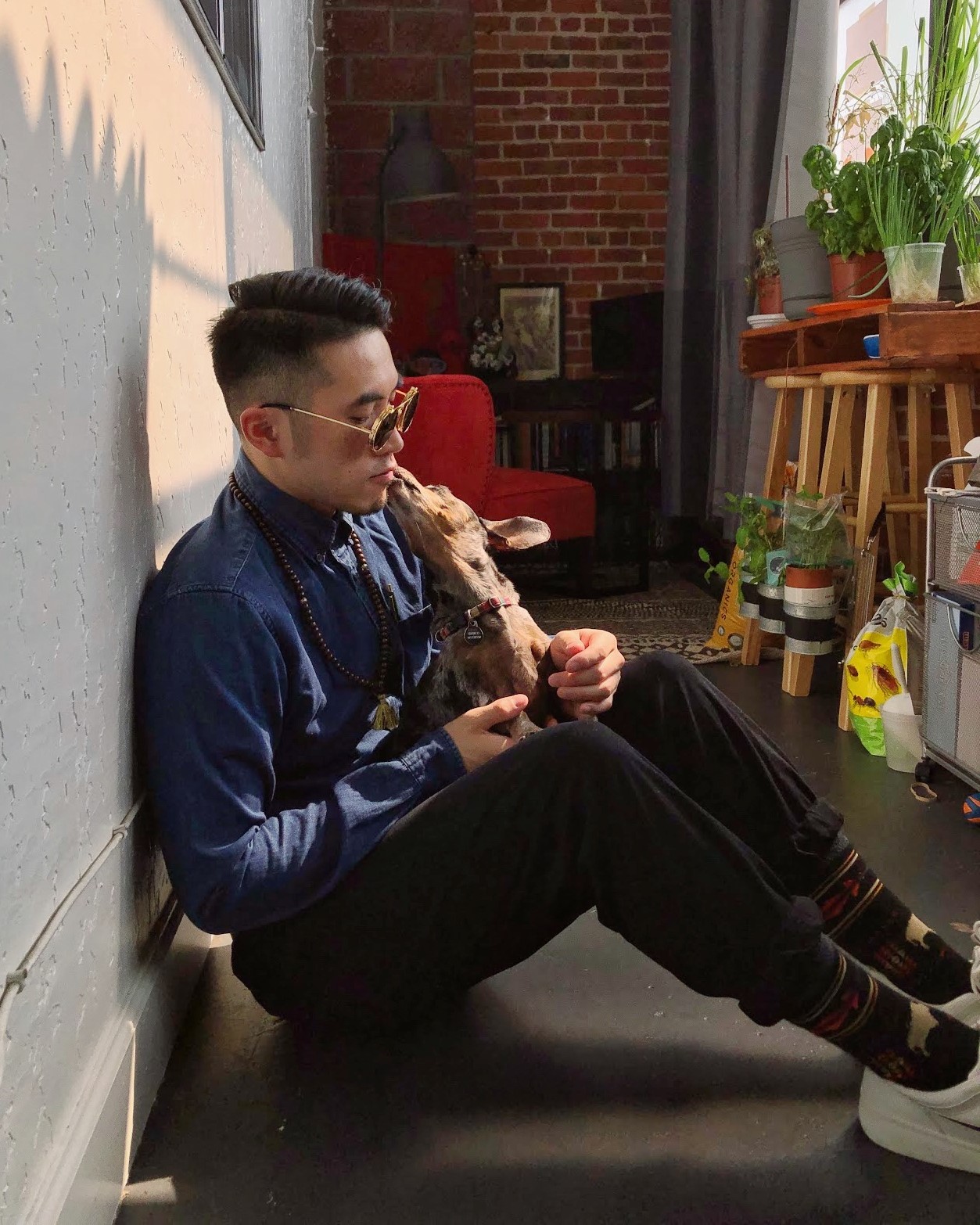
Healthcare workers are still risking their lives and still need our support. Until COVID-19 is well contained, please continue to do your part. Wear a mask. Wash your hands. Don't touch your face. Stay at home or physically distanced outdoors. To support COVID-19 relief efforts for vulnerable APA populations, please donate to Asian Health Services COVID-19 Capital Campaign.
|
|

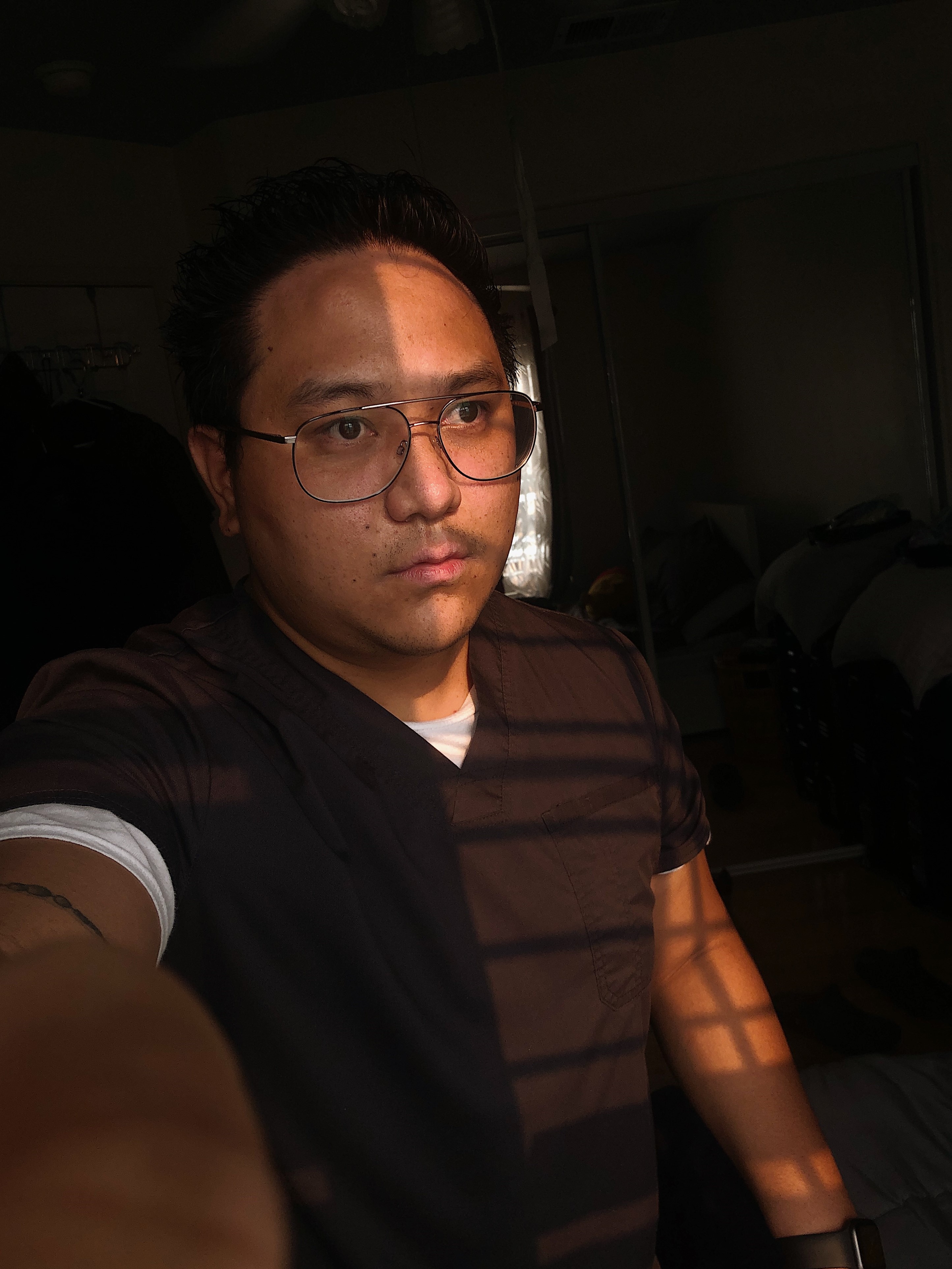
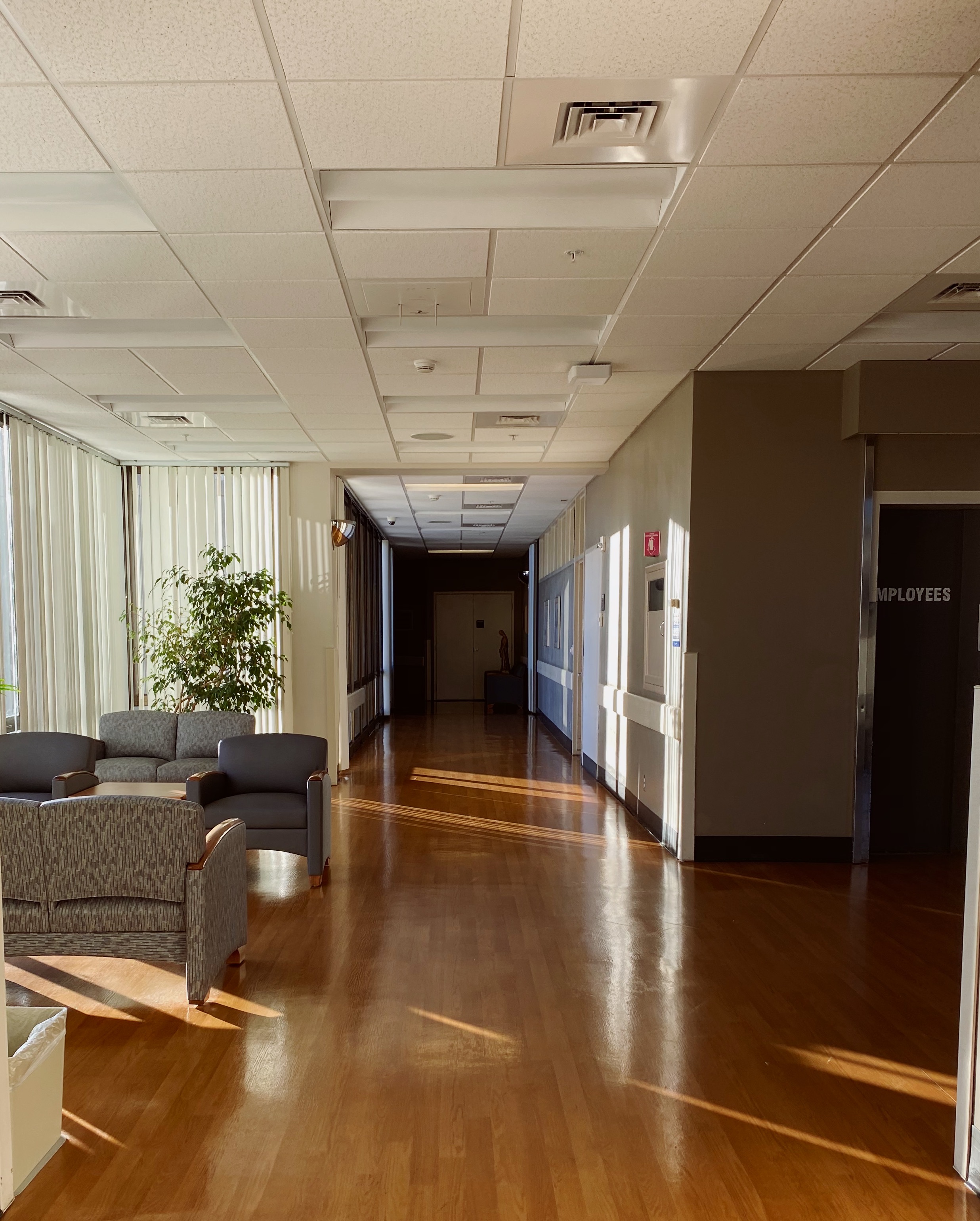
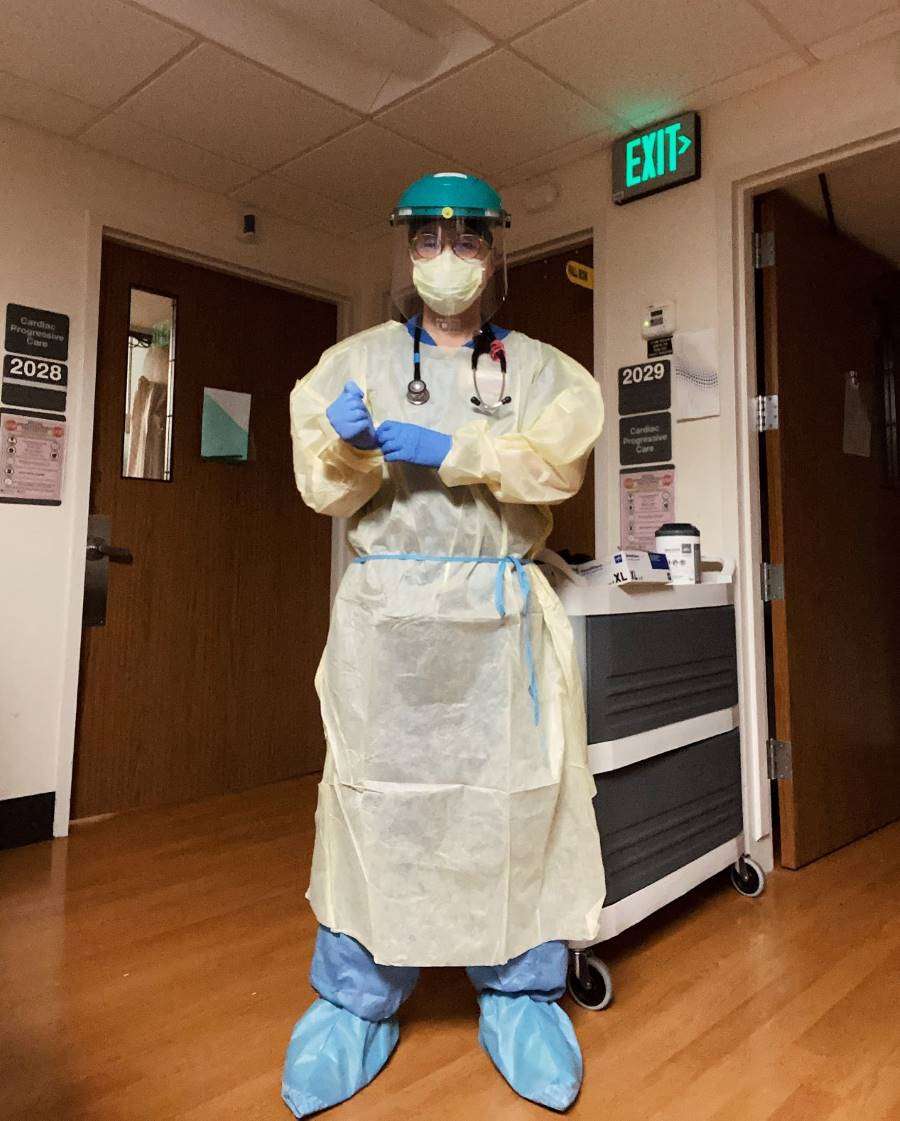
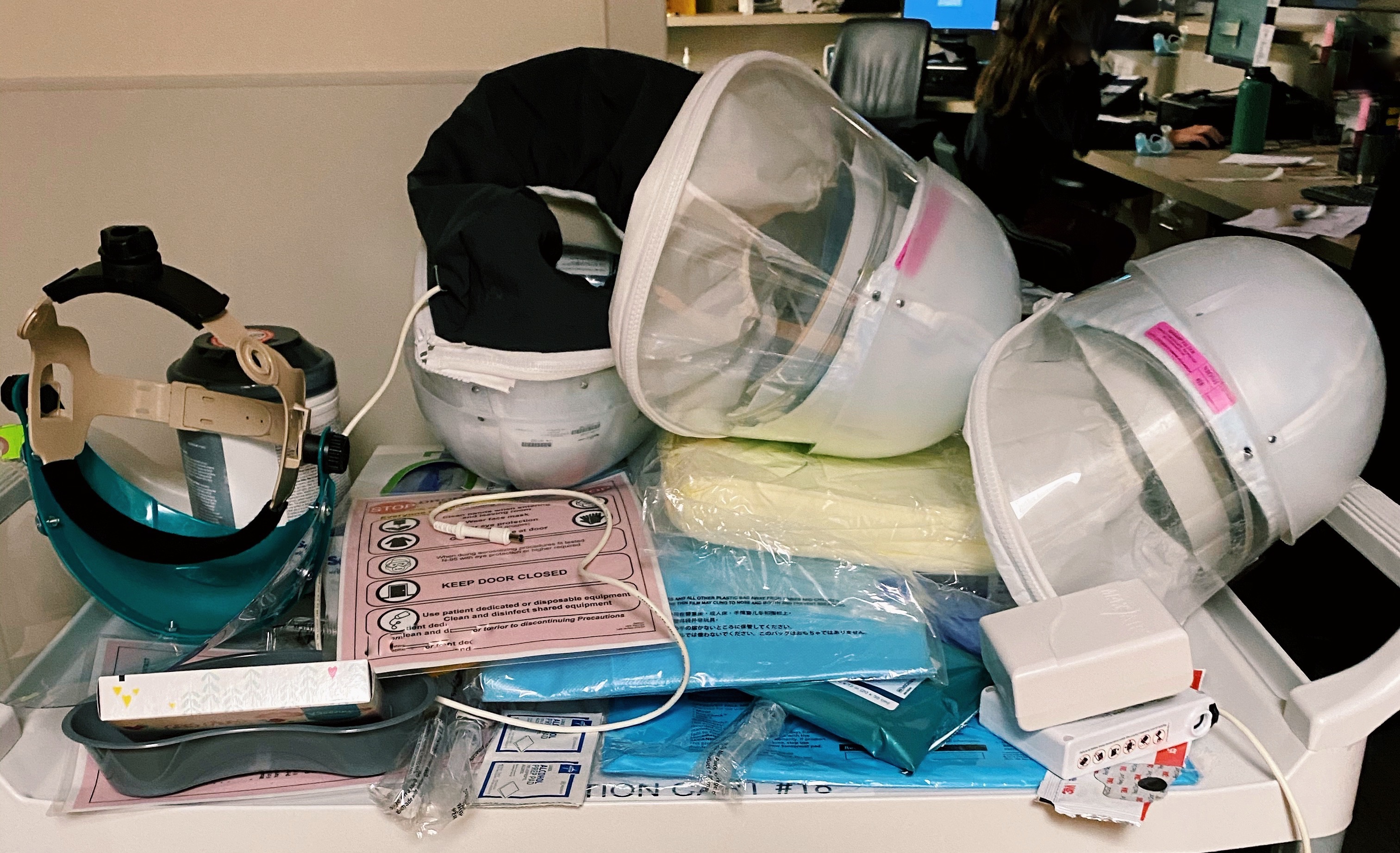
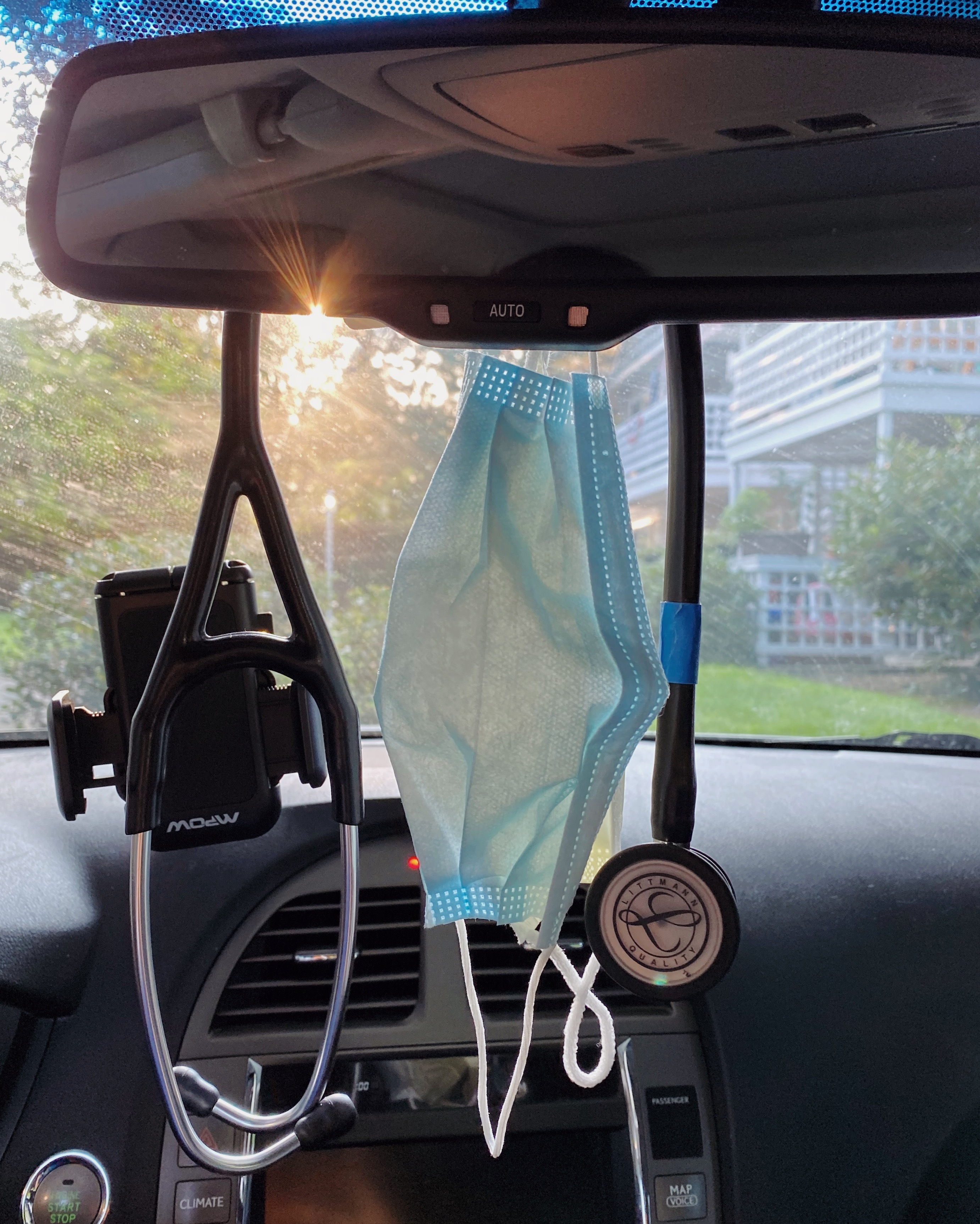
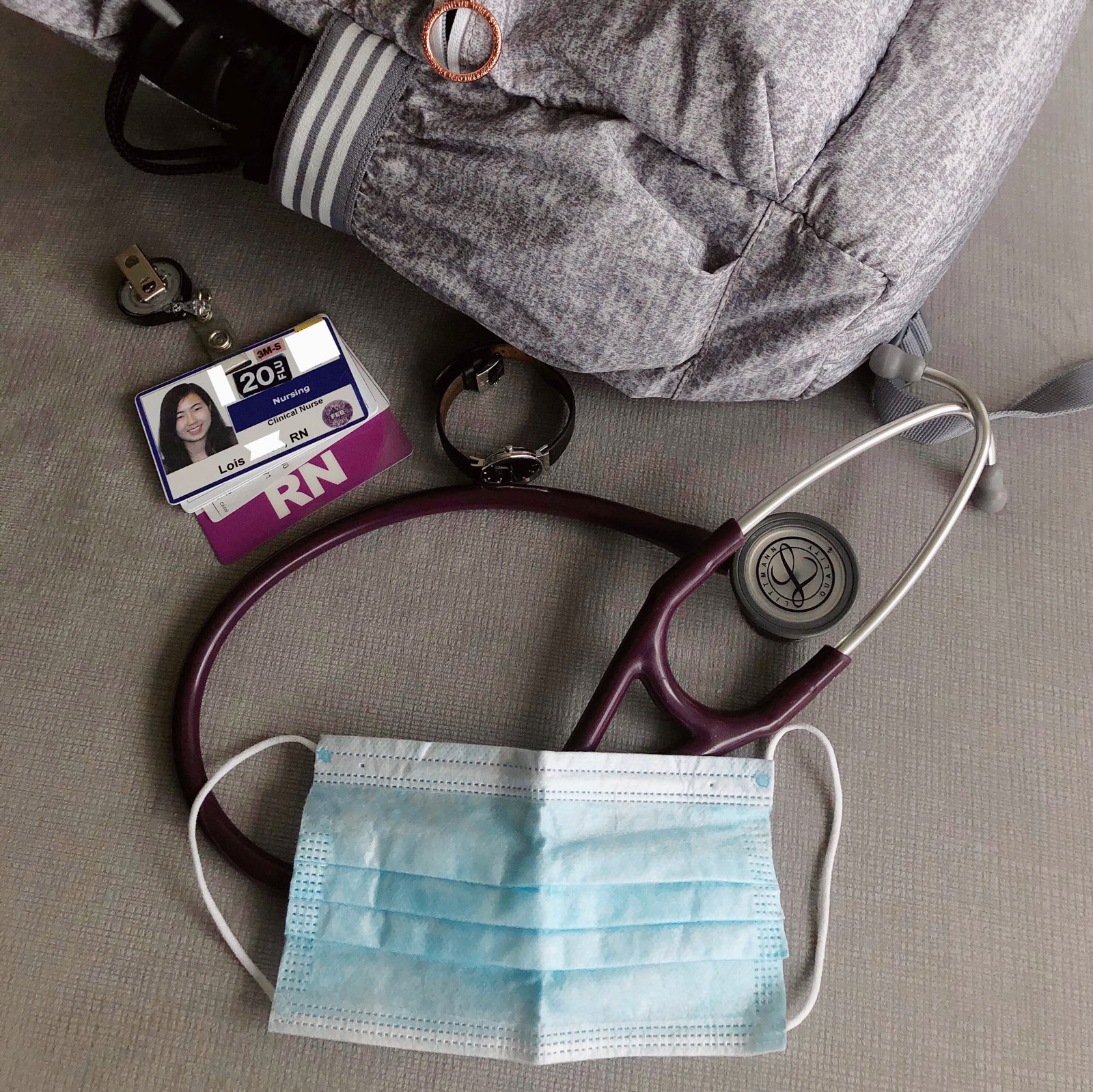
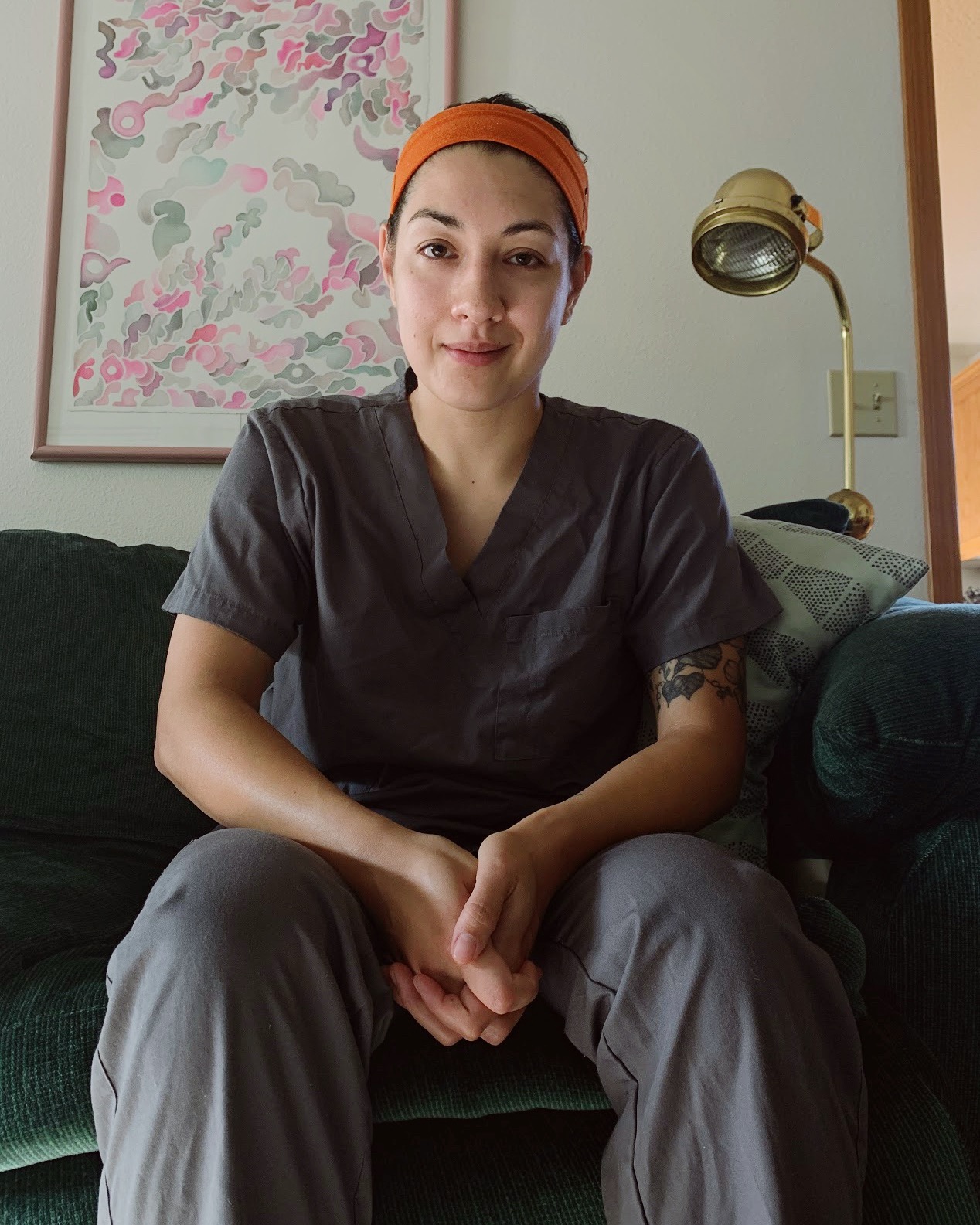
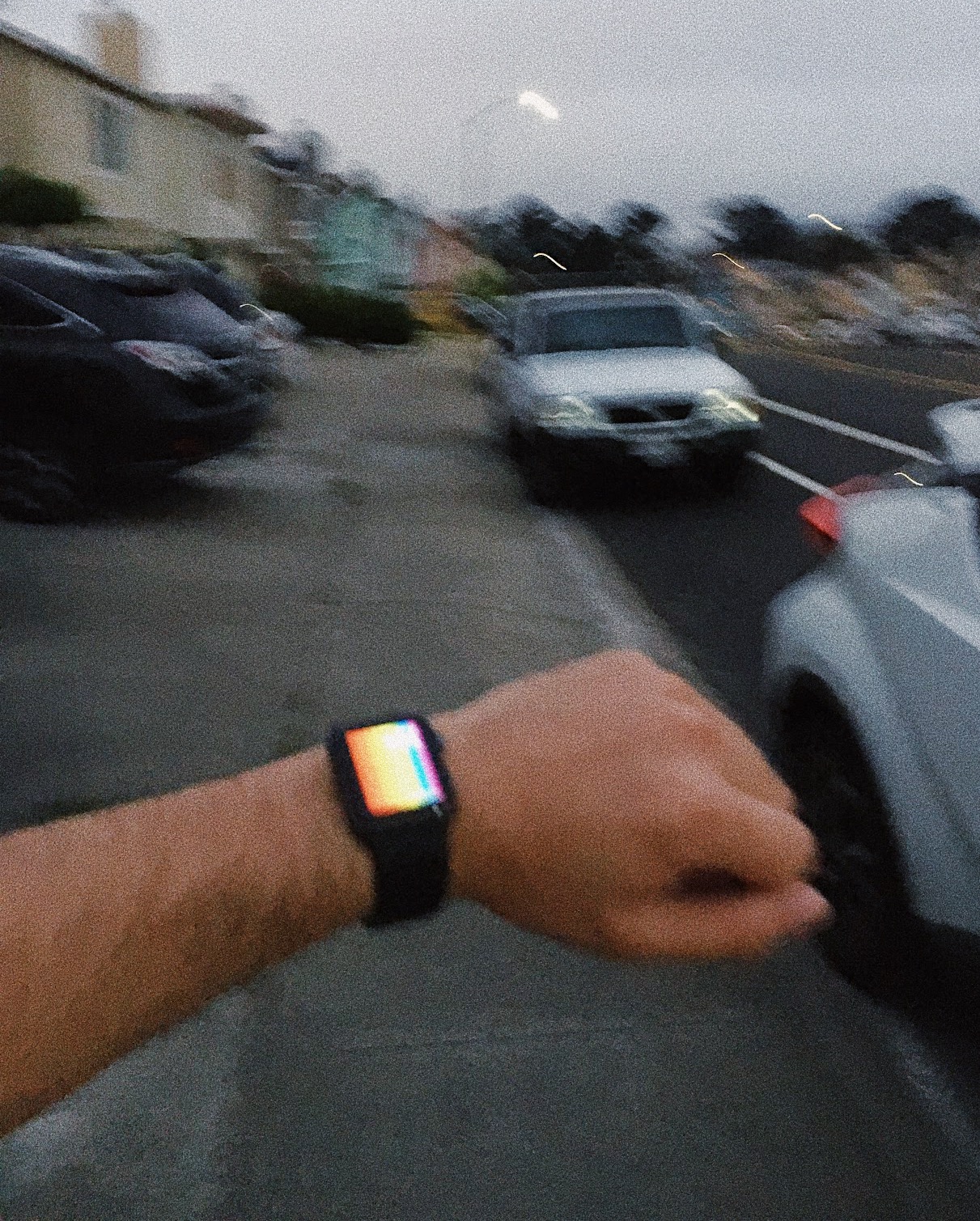
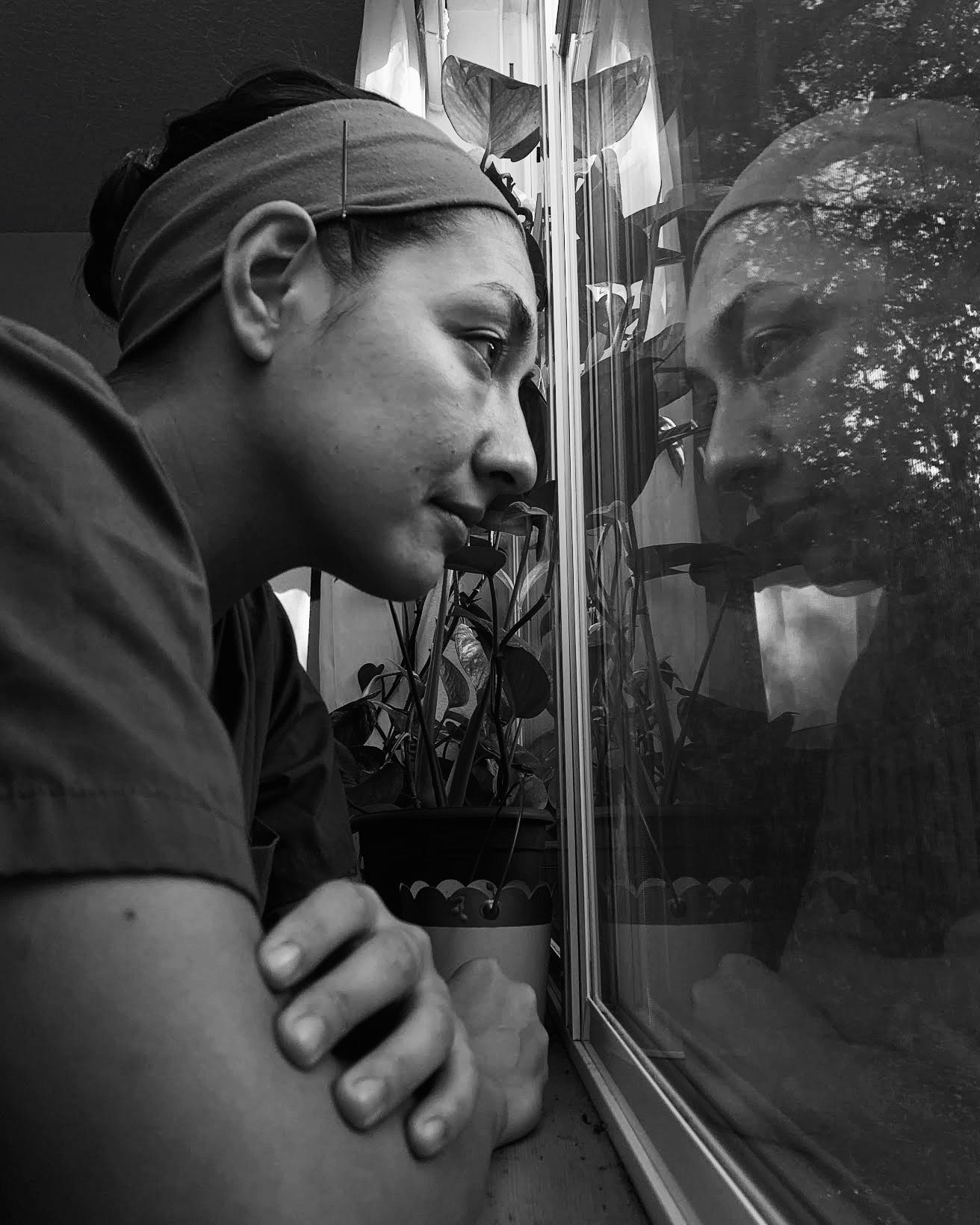
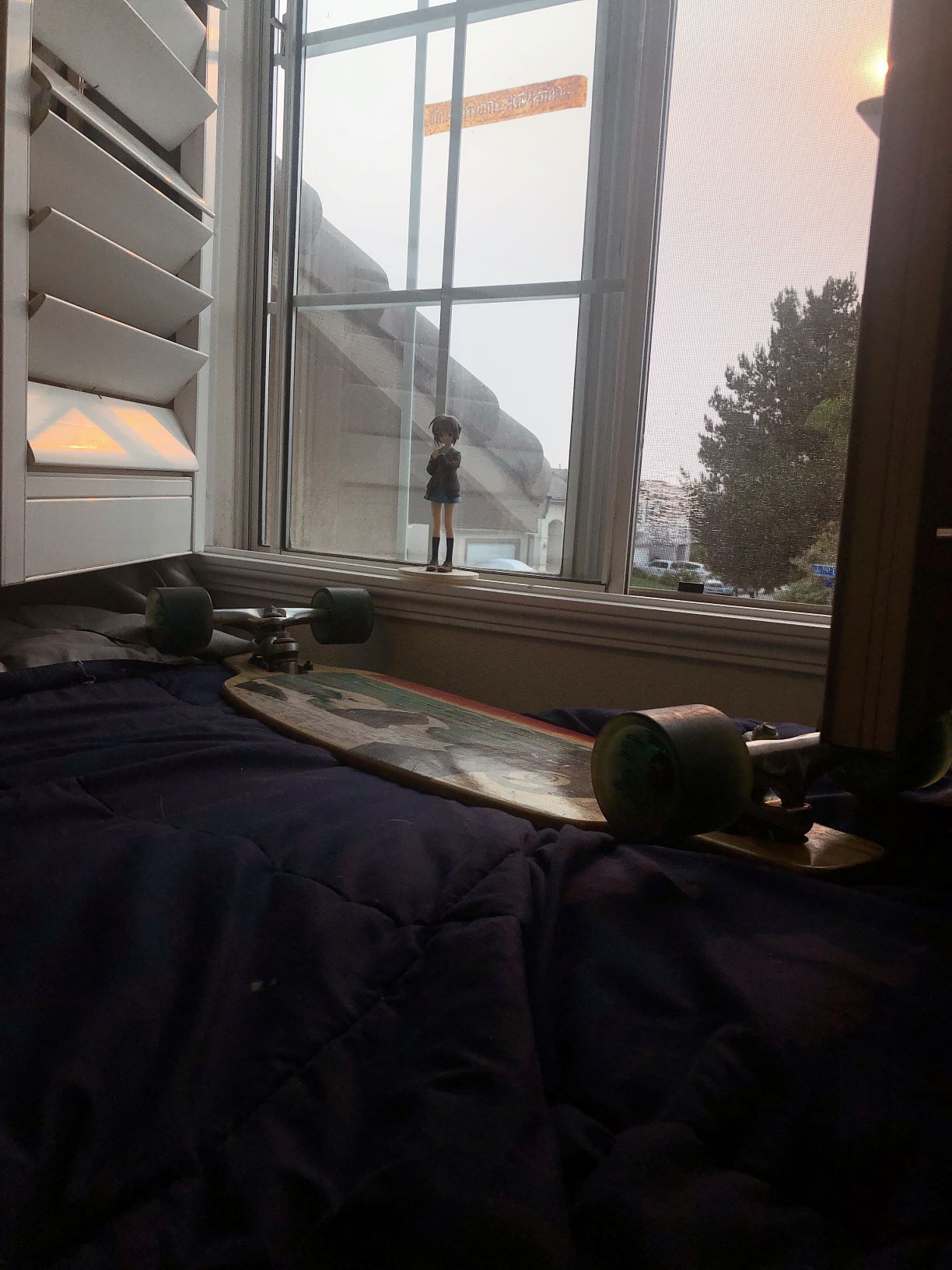
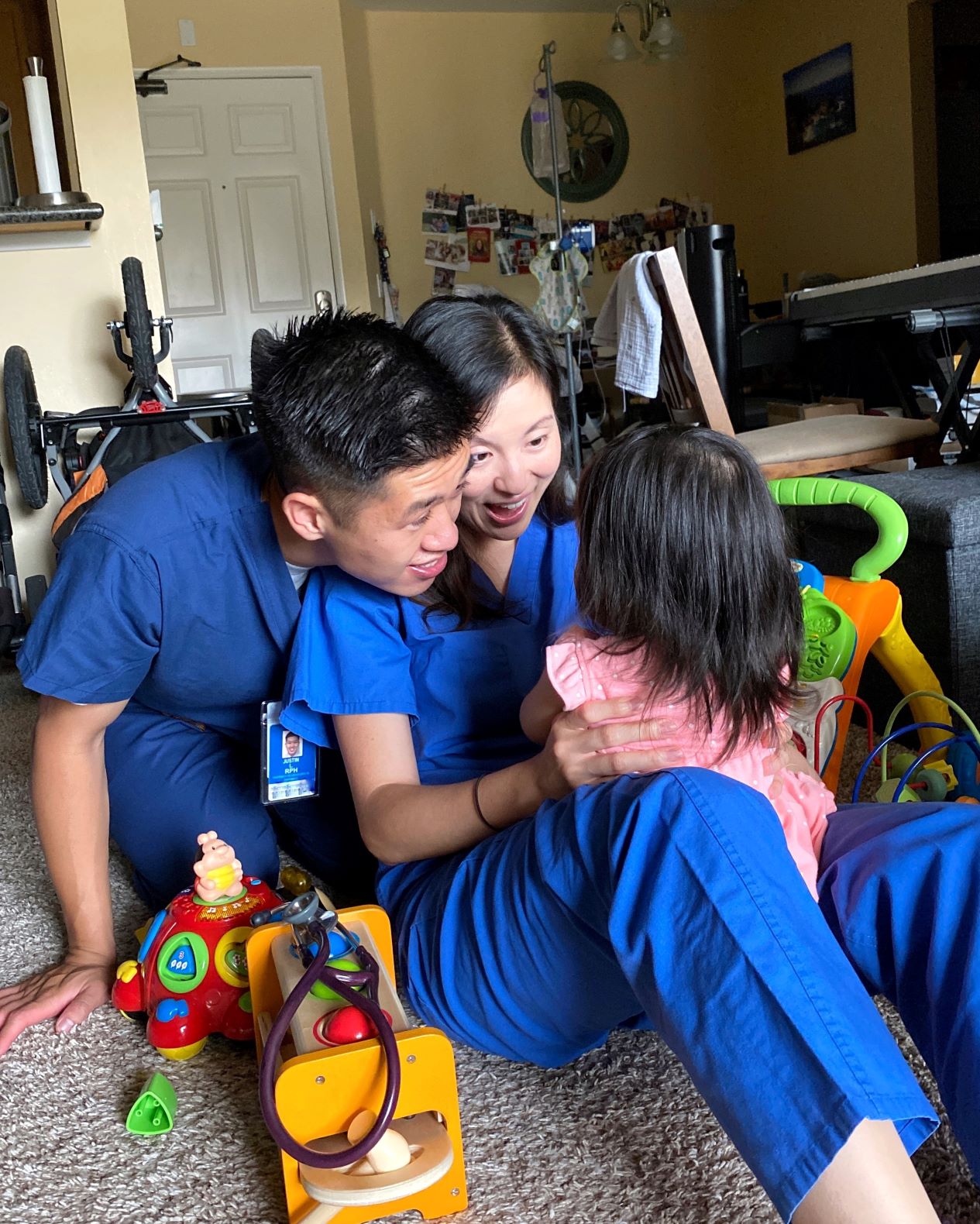
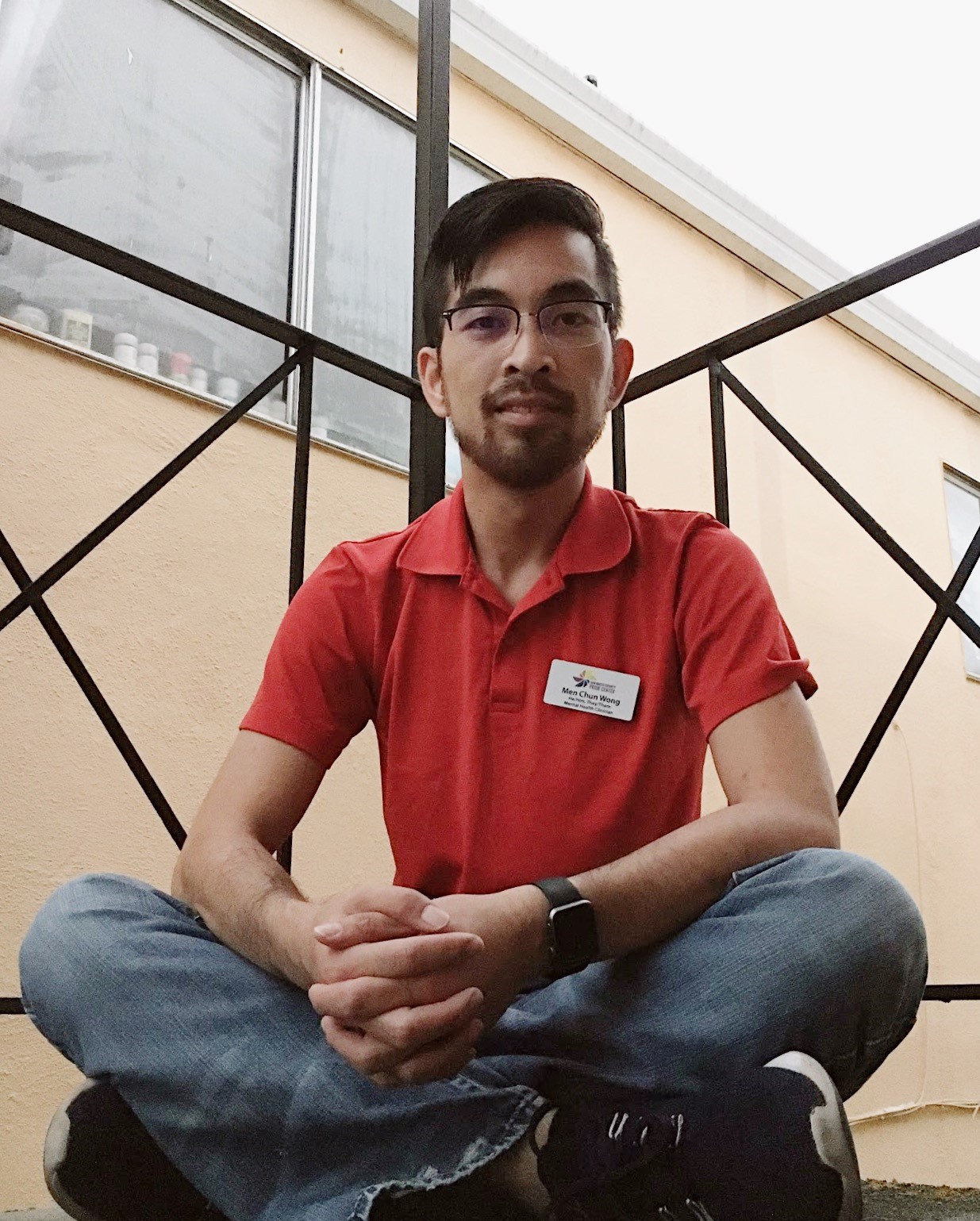
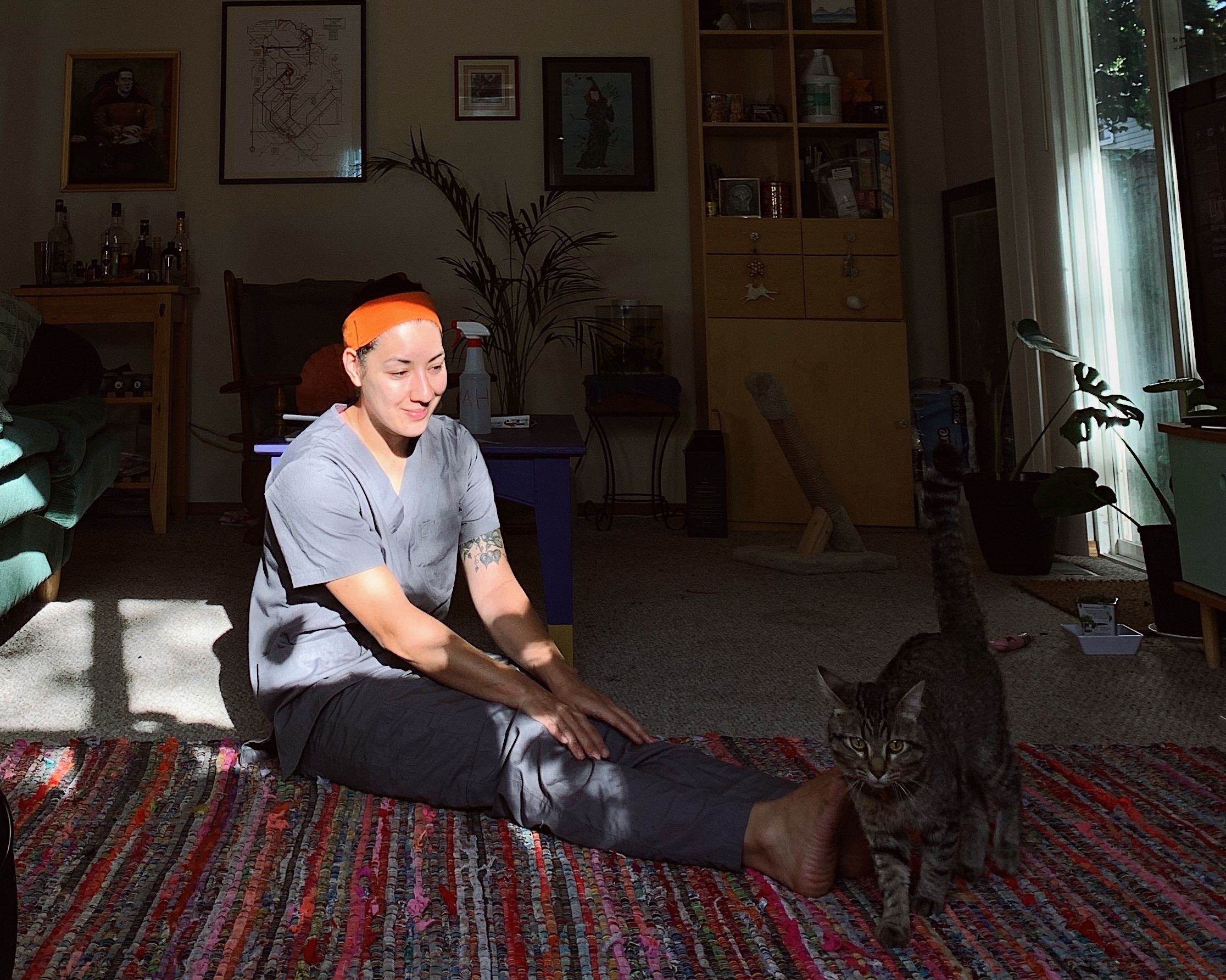
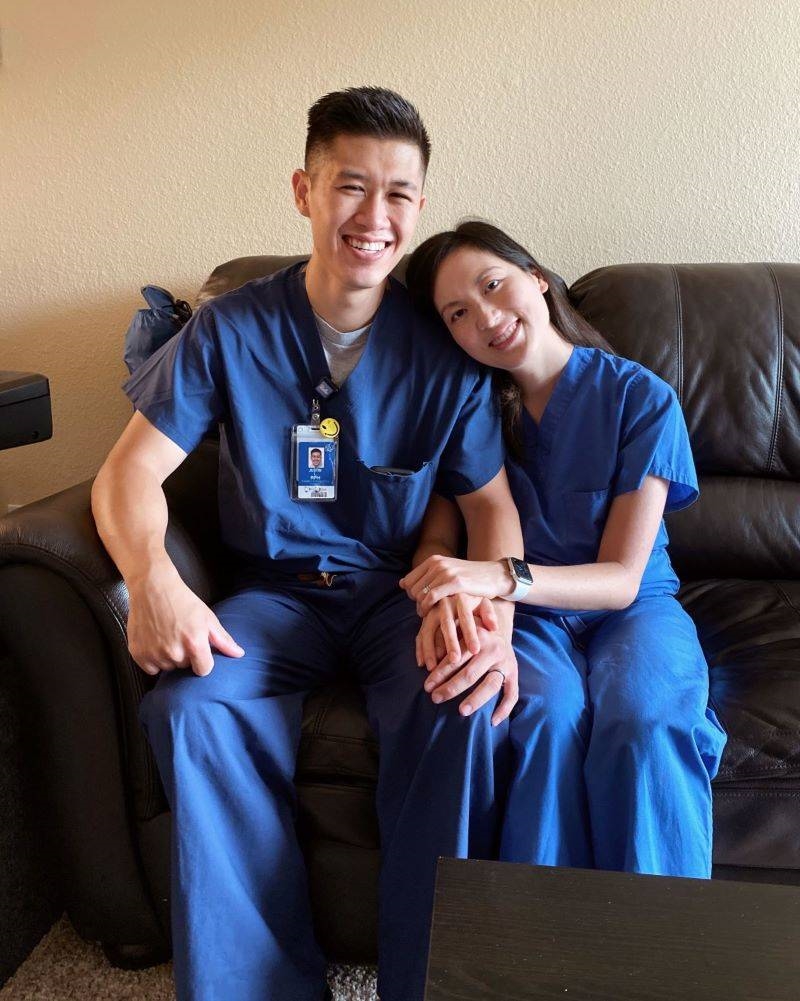
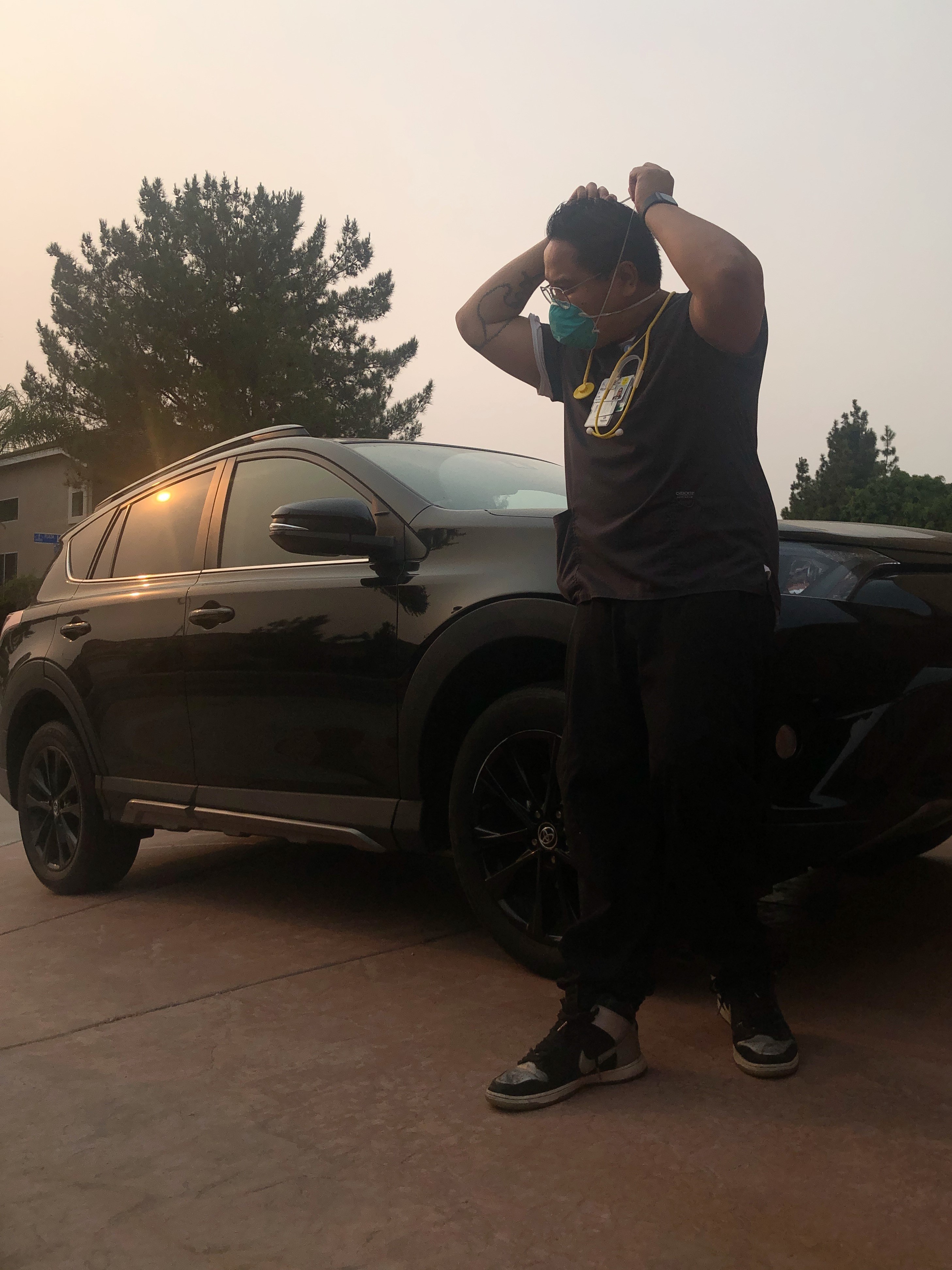
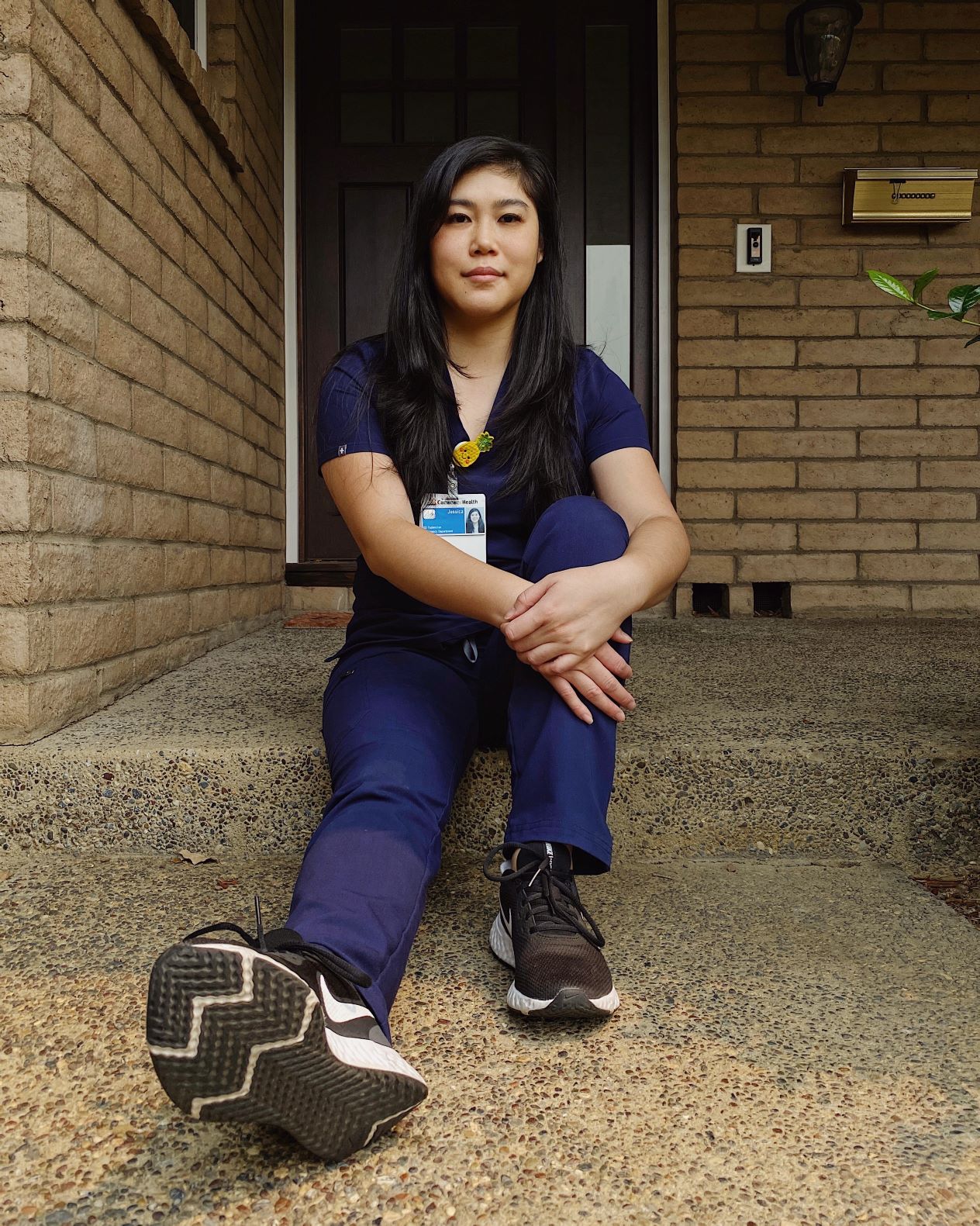
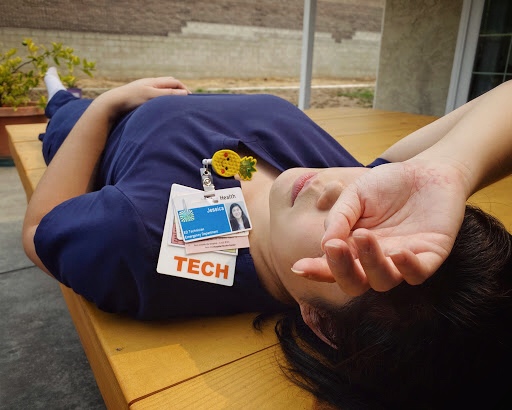
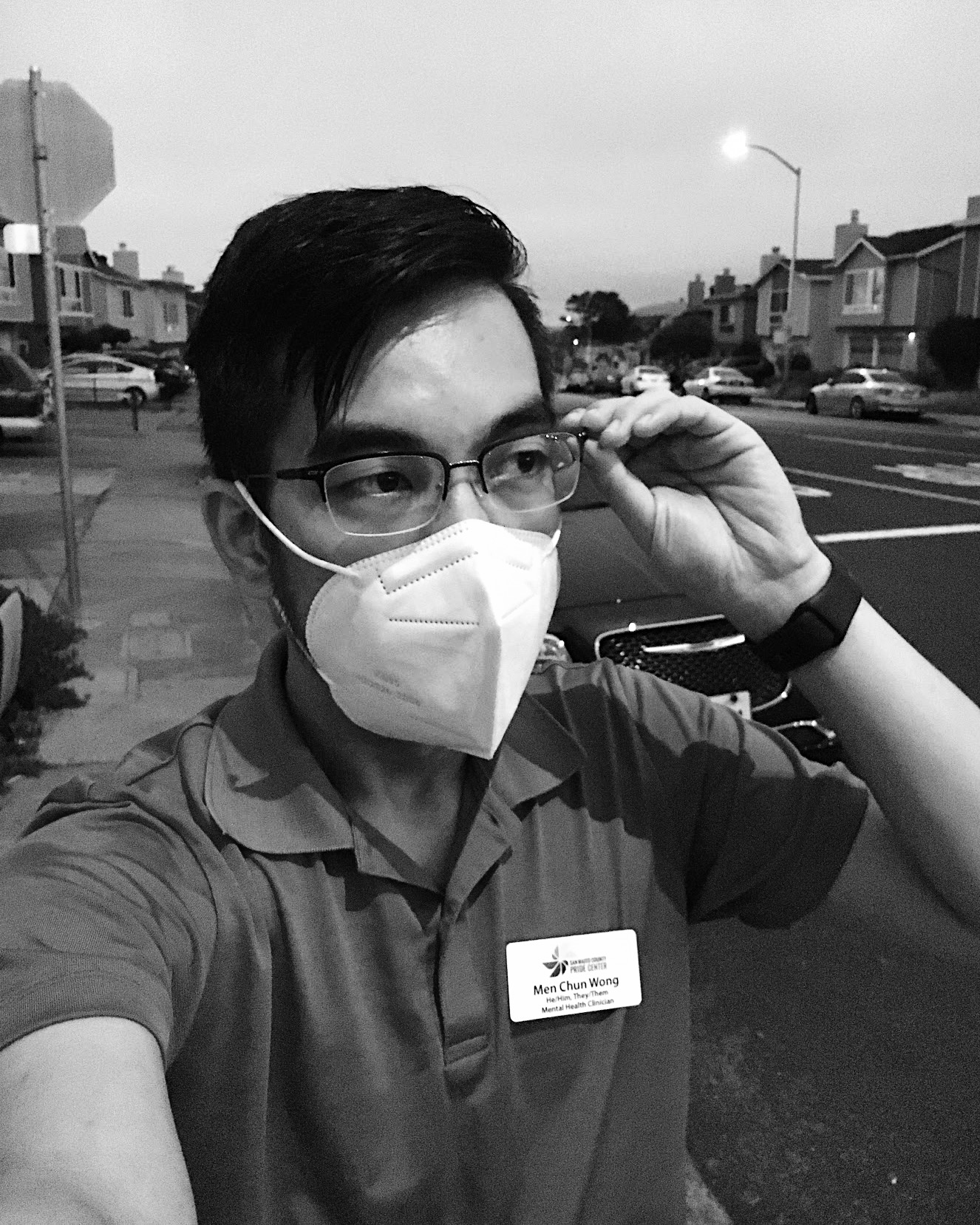
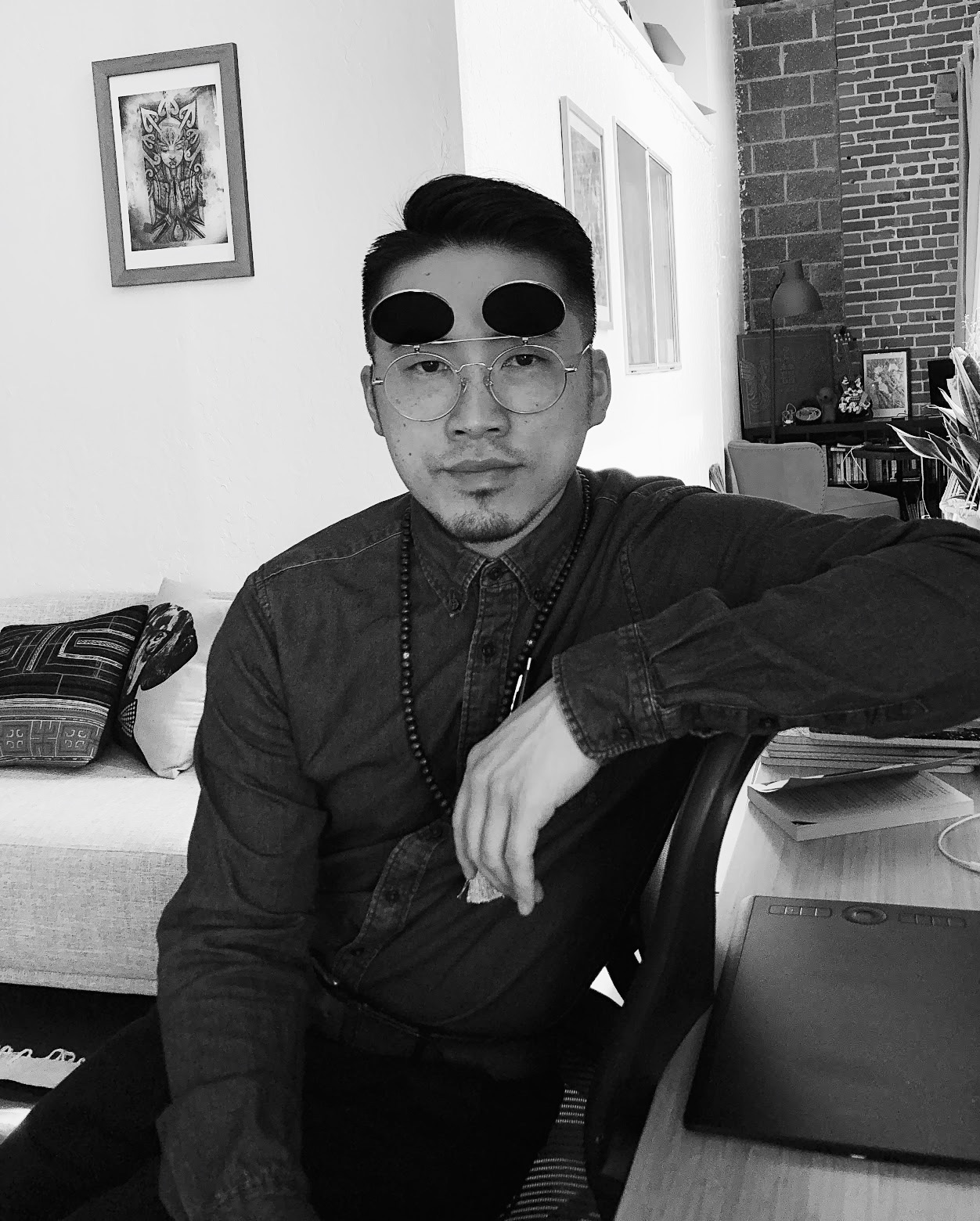
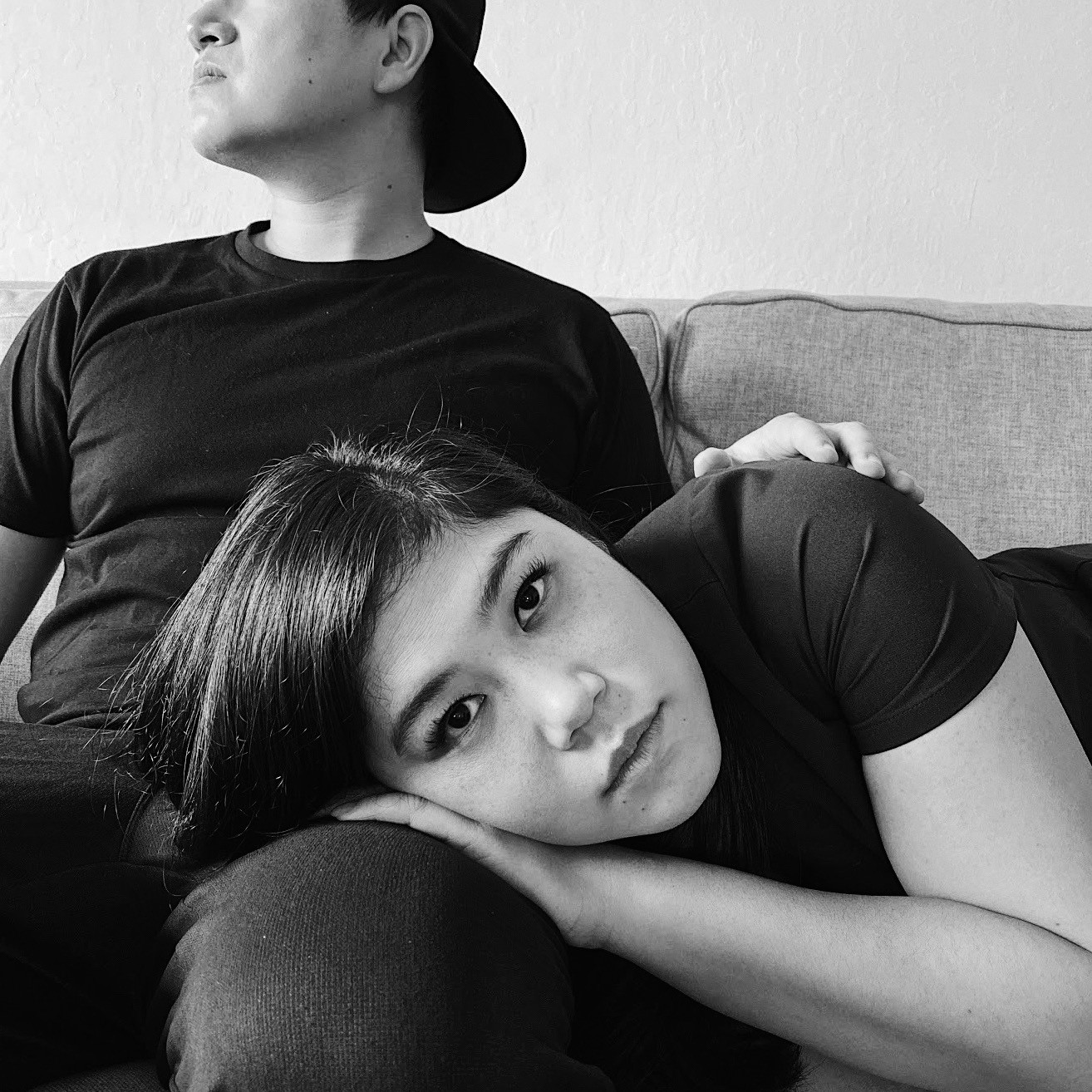
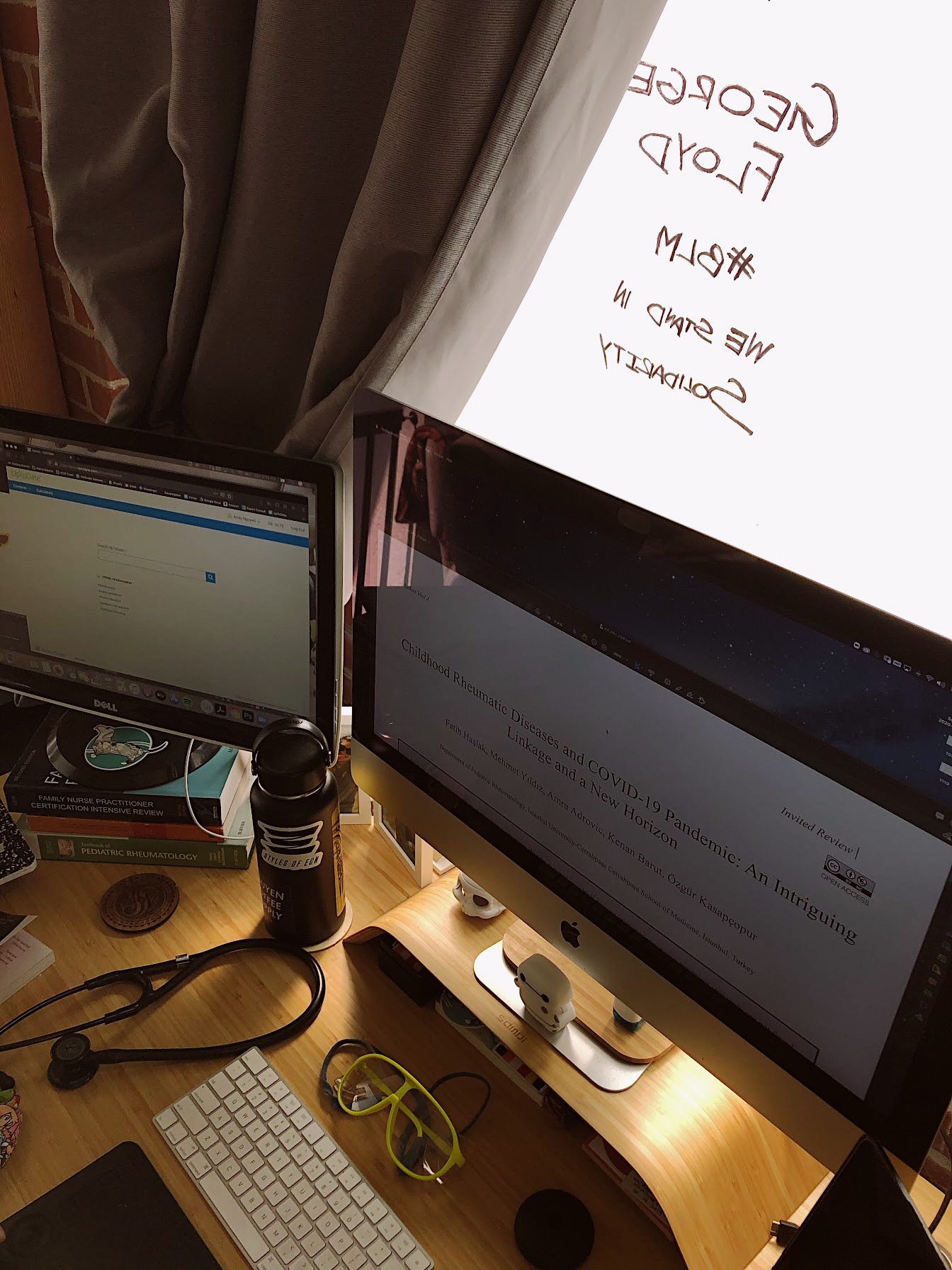
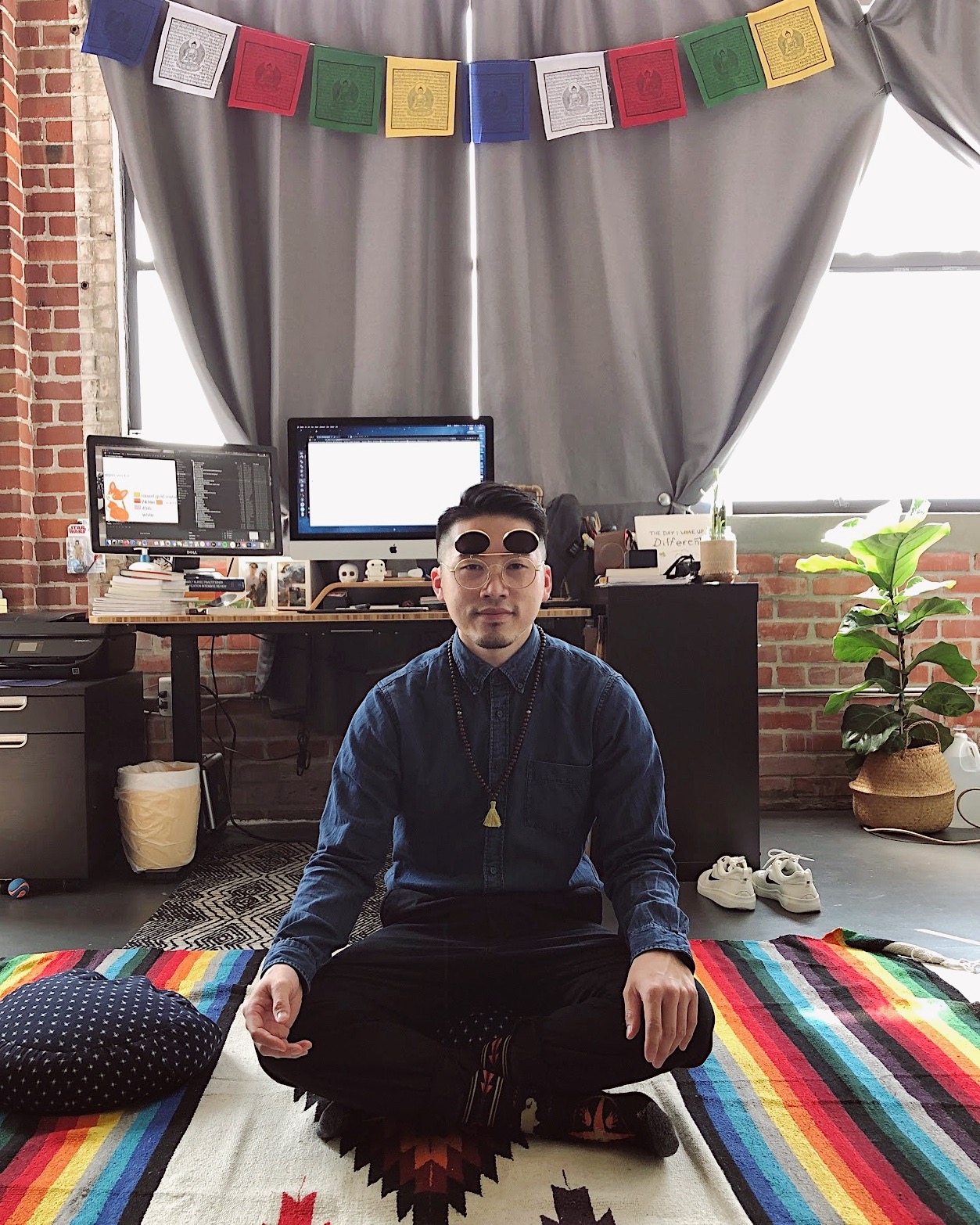
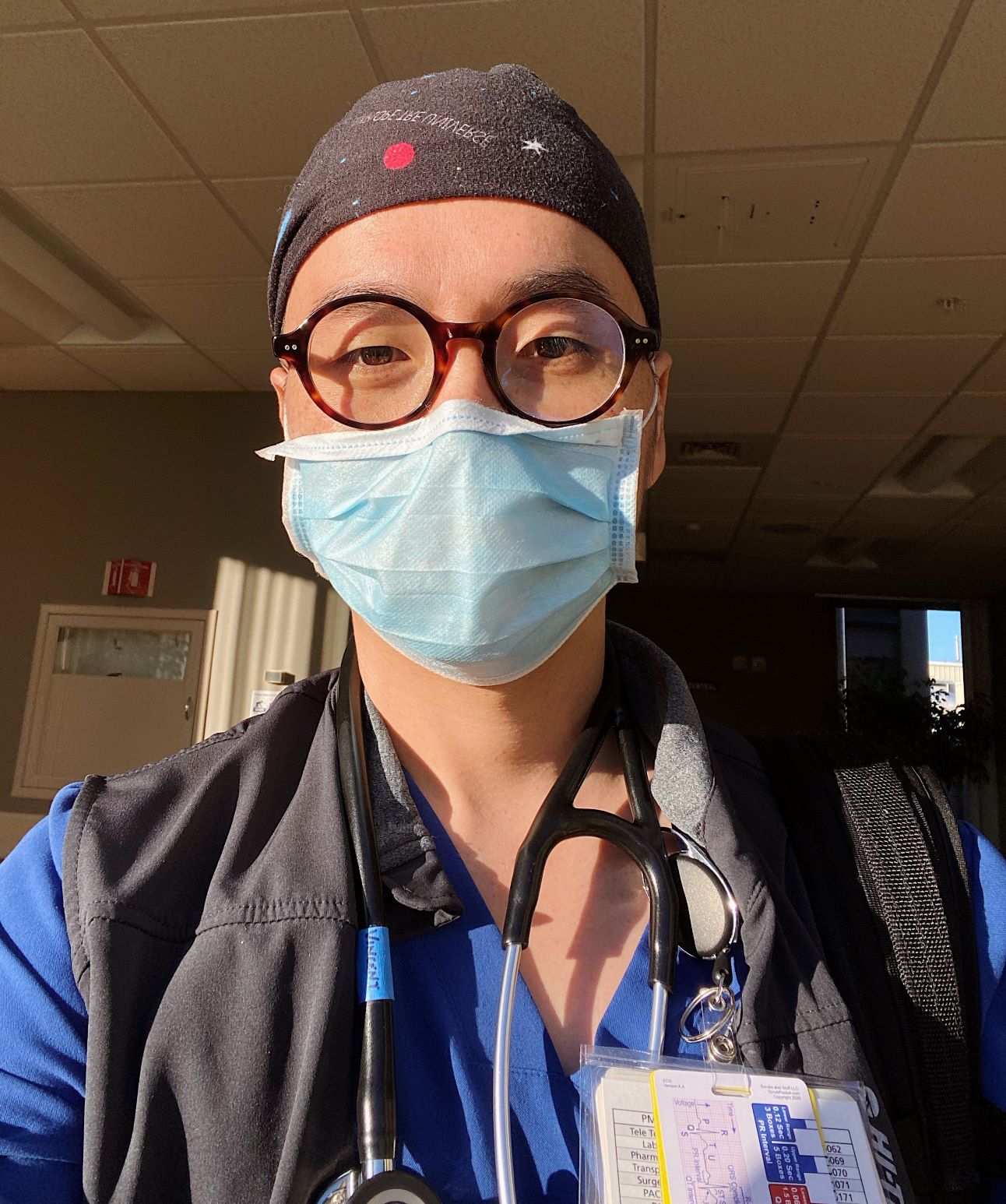
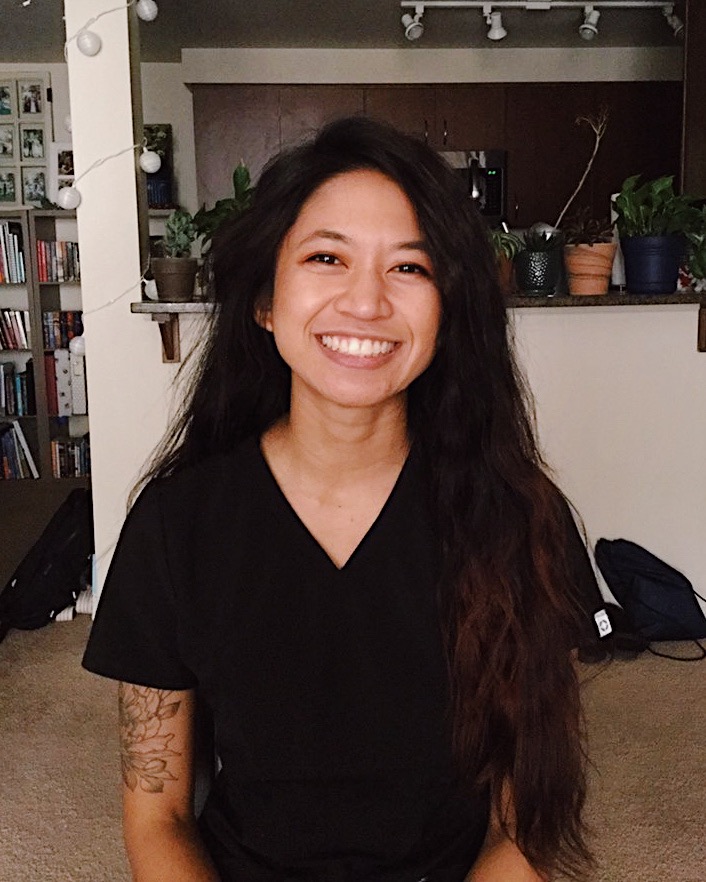
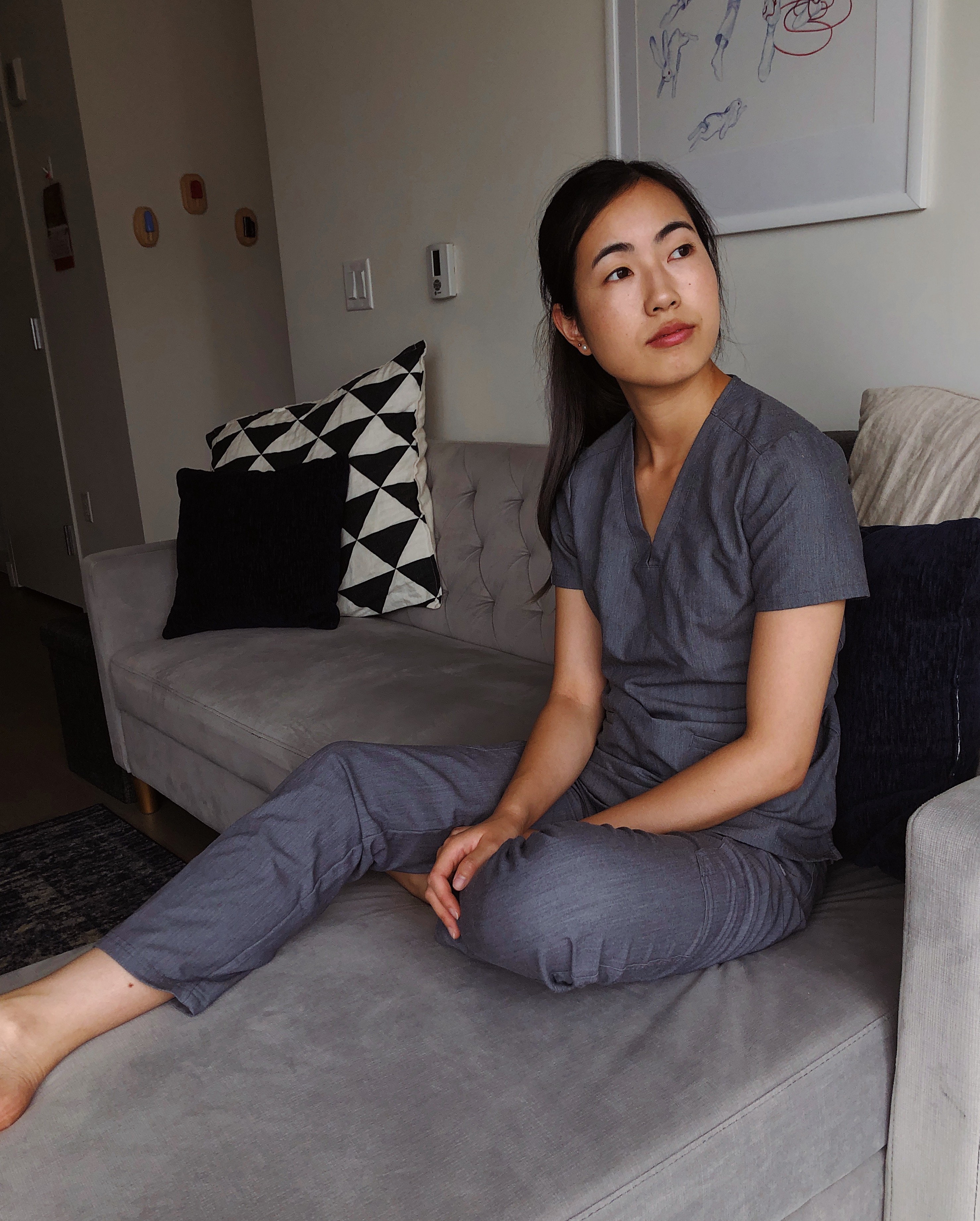
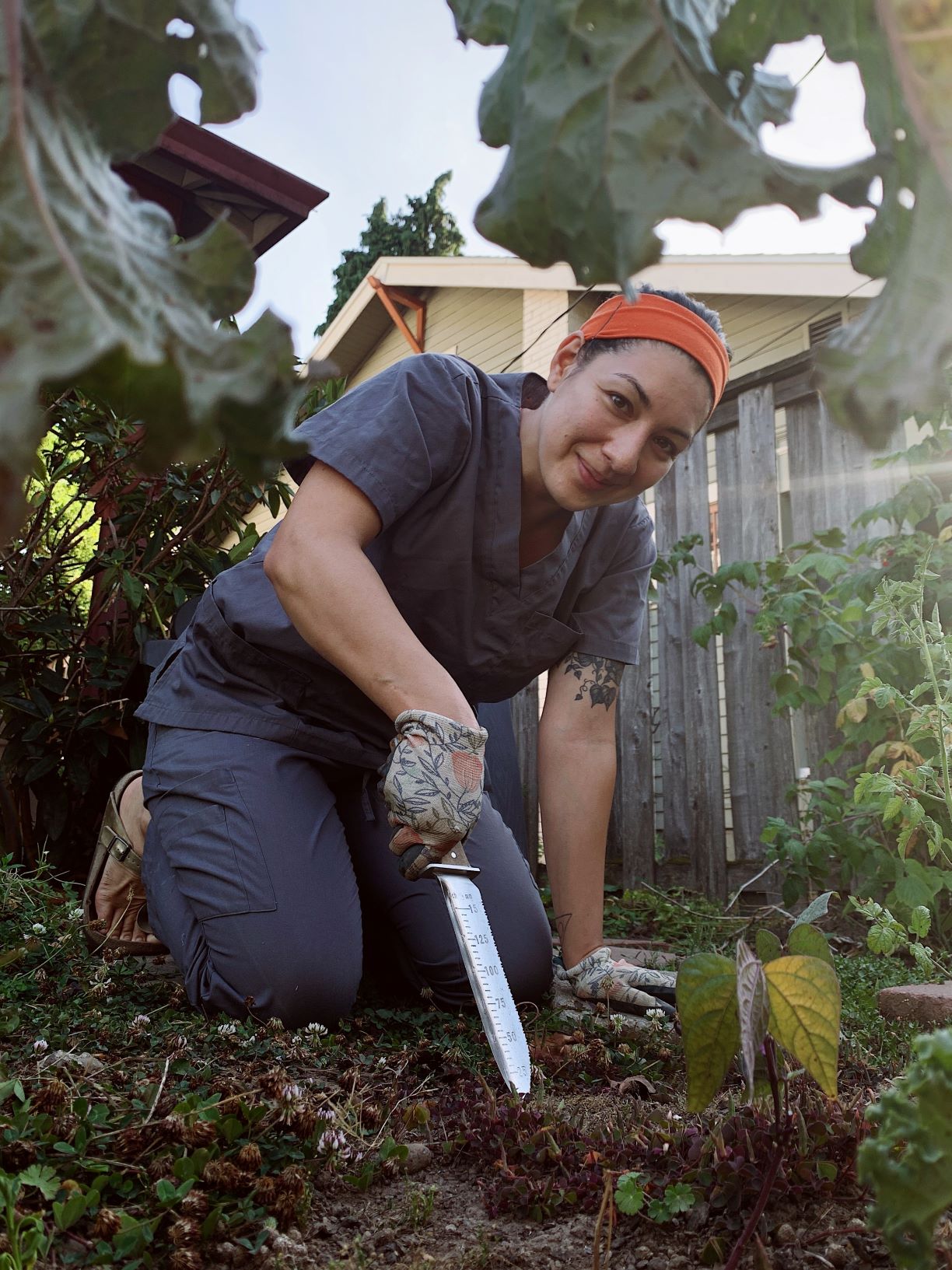
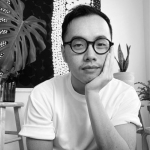
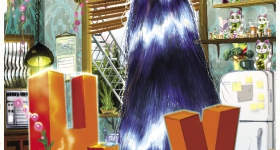


Comments